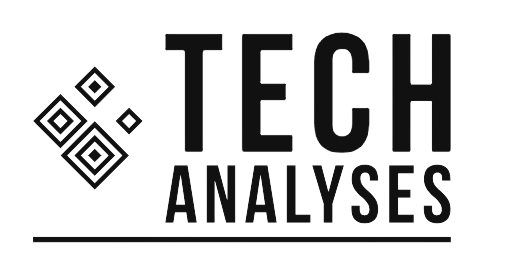
Understanding the Intersection of Governance and Homeownership
Community associations in Florida serve as vital conduits for maintaining neighborhood integrity, fostering communal harmony, and preserving property values. However, the intricacies of these associations often pose challenges for prospective homeowners seeking to navigate their roles and regulations effectively. This Policy Bridge article endeavors to bridge the gap between governance and homeownership by offering insights into the dynamics of community associations in Florida and providing actionable recommendations for policymakers, homeowners, and stakeholders alike. Click here https://www.floridacashrealestate.com/.
Background: The Role of Community Associations
Community associations, including homeowners associations (HOAs), condominium associations, and cooperative associations, wield considerable influence over residential communities in Florida. Tasked with enforcing rules, managing amenities, and fostering a sense of community, these associations play a pivotal role in shaping the daily lives and long-term well-being of residents.
Challenges and Considerations
- Regulatory Compliance:
The regulatory landscape governing community associations in Florida is multifaceted, with laws and statutes at the state and local levels dictating various aspects of association governance. Policymakers face the challenge of balancing the autonomy of community associations with the need for oversight to protect homeowners’ rights and interests.
- Financial Sustainability:
Ensuring the financial sustainability of community associations is paramount to their long-term viability. Policymakers must explore mechanisms for enhancing financial transparency, accountability, and reserve fund management within associations to safeguard against fiscal mismanagement and potential liabilities.
- Equitable Governance:
The governance structures of community associations often face scrutiny regarding transparency, inclusivity, and representation. Policymakers can advocate for reforms that promote democratic decision-making processes, equitable representation on association boards, and greater transparency in decision-making and financial reporting.
Policy Recommendations
- Enhanced Oversight and Regulation:
Implement measures to enhance oversight and regulation of community associations, including standardized reporting requirements, mandatory training for association board members, and mechanisms for addressing conflicts of interest and governance disputes.
- Financial Stewardship and Transparency:
Enact legislation to promote financial stewardship and transparency within community associations, such as requirements for regular financial audits, reserve fund studies, and disclosure of association budgets and financial statements to homeowners.
Conclusion:
By addressing challenges related to regulatory compliance, financial sustainability, and equitable governance, policymakers can foster stronger, more resilient communities where homeowners’ rights are protected, and associations operate with transparency, accountability, and integrity. Through strategic policy interventions and concerted efforts to promote community engagement and education, Florida can continue to uphold the principles of good governance and ensure that community associations serve as pillars of stability and cohesion in residential neighborhoods across the state.




